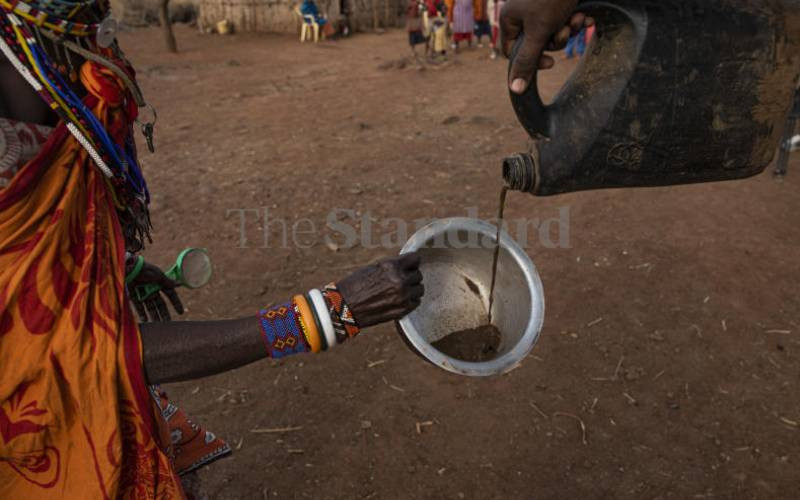×
The Standard e-Paper
Fearless, Trusted News

After the curtains fell on the much-hyped global climate change talks in Sharm El-Sheikh, Egypt, last Sunday, delegates trooped back home saddled with expectations and harsh realities awaiting them in their countries.